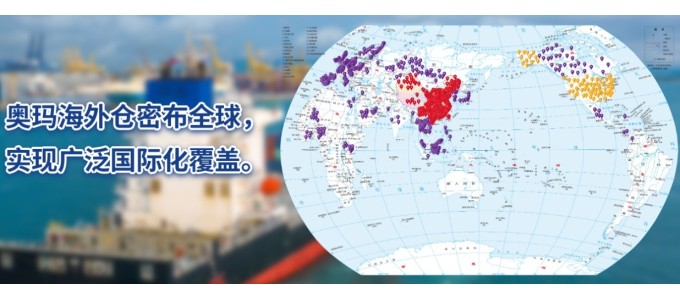Business Ecosystem
A business ecosystem is the network of organizations—The idea is that each entity in the ecosystem affects and is affected by the others, creating a constantly evolving relationship in which each entity must be flexible and adaptable in order to survive as in a biological ecosystem.
深圳市威鳴創(chuàng)新國際物流有限公司
萬緯有信達(dá)-智能供應(yīng)鏈物流園
卓志-全球優(yōu)品分撥中心倉
中國保稅倉
香港鼎豐物流倉儲有限公司
海外倉
E倉批發(fā)平臺
物流平臺搭建服務(wù)
GLA全球物流聯(lián)盟網(wǎng)
小朱云倉
奧瑪跨境物流服務(wù)
香港最大的倉庫自動化系統(tǒng)集成商 - 威裕環(huán)球
BUD專項基金
平臺速配--荃灣
奧瑪物流短視頻推廣生態(tài)圈
物流數(shù)據(jù)
佛山喜裕塑料托盤制品有限公司
倉易訂管理系統(tǒng)
eWMS系統(tǒng)-倉庫管理系統(tǒng)
3PL物流故事
越南物流地產(chǎn)
Ecosystem is a network
A business ecosystem is the network of organizations—including suppliers, distributors, customers, competitors, government agencies, and so on—involved in the delivery of a specific product or service through both competition and cooperation.
Constantly evolving relationship
The idea is that each entity in the ecosystem affects and is affected by the others, creating a constantly evolving relationship in which each entity must be flexible and adaptable in order to survive, as in a biological ecosystem.
Understanding a Business Ecosystem
Business strategist James Moore adopted this biological concept in his 1993 Harvard Business Review article "Predators and Prey: A New Ecology of Competition", in which he paralleled companies operating in the increasingly interconnected world of commerce to a community of organisms adapting and evolving to survive. Moore suggested that a company be viewed not as a single firm in an industry, but as a member of a business ecosystem with participants spanning across multiple industries.
In effect, the business ecosystem consists of a network of interlinked companies that dynamically interact with each other through competition and cooperation to grow sales and survive. An ecosystem includes suppliers, distributors, consumers, government, processes, products, and competitors. When an ecosystem thrives, it means that the participants have developed patterns of behavior that streamline the flow of ideas, talent, and capital throughout the system.
Ecosystems and Competition
Ecosystems create strong barriers to entry for new competition, as potential entrants not only have to duplicate or better the core product, but they must also compete against the entire system of independent complementing businesses and suppliers that form the network.
Being a part of a business ecosystem provides mechanisms to leverage technology, achieve excellence in research and business competence, and compete effectively against other companies. Some other goals of a business ecosystem include:
Driving new collaborations to address rising social and environmental challenges
Harnessing creativity and innovation to lower the cost of production or allow members to reach new customers
Accelerating the learning process to effectively collaborate and share insights, skills, expertise, and knowledge
Creating new ways to address fundamental human needs and desires




















